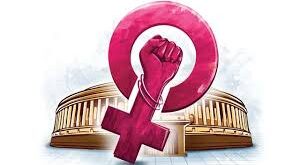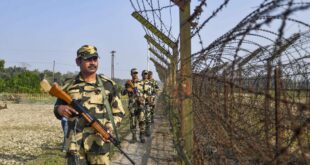- The National Commission for Scheduled Tribes (NCST), along with the Union government, is now pushing for the “re-documentation” of the cultures and social practices of indigenous and tribal societies in India, existing scholarly literature on which, it says, is heavily reliant on the body of knowledge created by colonising governments.
- The plan is to encourage more sociologists, anthropologists and researchers from India’s indigenous and tribal communities to research and document the cultural, social and historical practices of their own communities in a bid to replace the colonial-era body of work on this subject, NCST Chairperson Harsh Chouhan explained, adding that this will enable the government to understand tribal societies, identity and rights better.
- Professors, Tribal Research Institute (TRI) Directors, researchers and other academics who have been attending a two-day workshop this week on the way forward to achieve this goal, also met with President DroupadiMurmu on Monday night at the Rashtrapati Bhavan for a presentation to her, after which Ms. Murmu launched a book compiling unheard stories of the sacrifice and bravery with which tribal communities and leaders resisted British rulers.
- During the closing remarks of the workshop, Ms. Murmu said, “This should not be the end. It should be the beginning of efforts to hold similar events and workshops across the country.”
- She added that she hoped this workshop would inspire youth to research and write about the histories and cultures of their own communities.
Valuable knowledge
From ways to treat illnesses and ways to make weapons to ways of protecting nature and ways of passing along knowledge through community songs, Ms. Murmu said that the knowledge of tribal communities needs to be included in the Indian Knowledge System (IKS) that the National Education Policy is now focusing on, and that this knowledge of tribal communities will play an important role in making India a “knowledge superpower”.
SOURCE: THE HINDU, THE ECONOMIC TIMES, PIB
 Chinmaya IAS Academy – Current Affairs Chinmaya IAS Academy – Current Affairs
Chinmaya IAS Academy – Current Affairs Chinmaya IAS Academy – Current Affairs



